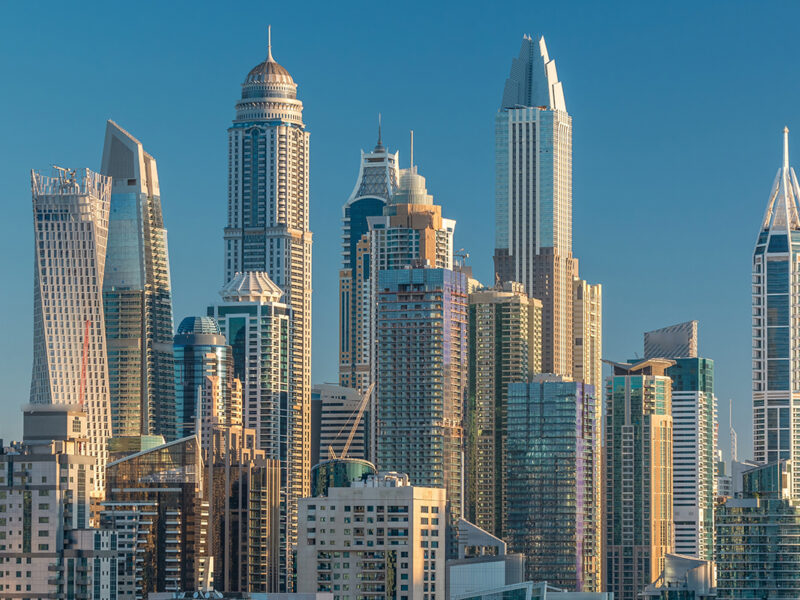The university professor, dressed immaculately in a
pinstripe suit and waistcoat, points in despair to the crumbling buildings and
rubbish-strewn streets of Libya’s second city Benghazi.
“You can see around you that there is no change. There
has been no money spent on infrastructure and salaries are not being
paid,” said Ali al-Rabia.
His voice rises in anger as he talks of how residents in
Benghazi, birthplace of last year’s revolution that toppled Muammar Gaddafi,
had yet to see any benefit and had lost respect for the interim government.
Anger in Benghazi has been simmering since October when the
ruling National Transitional Council (NTC) moved to the capital Tripoli after
declaring Libya liberated from Gaddafi’s 42-year rule. Months later, residents
say they feel forgotten.
“The government is working without a judiciary or
police. We know they are getting money from the over one million barrels of oil
they sell a day, but where is it being spent?” Rabia said in fluent
English.
“But the worst of it is that people who worked with
Gaddafi are being appointed into the interim government,” he added,
echoing a complaint from many in Benghazi who say they fear the corruption and
nepotism of Gaddafi’s rule did not die along with the dictator.
Frustration boiled over on Saturday when a crowd demanding
the government’s resignation smashed windows and forced their way into the
NTC’s Benghazi headquarters. The council’s chief, Mustafa Abdel Jalil, was trapped
inside for several hours.
The protesters, many of them armed with machineguns and
bayonets, had broken through the main metal gates and into the courtyard of the
compound, witnesses said.
Abdel Jalil attempted to placate the crowd, but retreated
into the building after water bottles were thrown at him.
Home-made bomb explosions were reported 500 metres from the
compound. Although not intended to harm, protesters say they were a warning to
the NTC.
On Sunday, Abdel Jalil said such action could drag Libya
into a “bottomless pit. There is something behind these protests that is not
for the good of the country.”
The NTC made a peace offering to the protesters, the
resignation of the NTC-appointed city mayor, Saleh El-Ghazal, and the promise
of a new, elected leader. That was quickly followed by the resignation of NTC
vice-president Abdel Hafiz Ghoga.
Many in Benghazi said Ghoga should be barred from working
for the NTC as he was secretary of the solicitors’ syndicate under Gaddafi. On
Thursday, Ghoga was jostled by an angry crowd of students when he visited a
university in Benghazi.
Since Gaddafi’s overthrow, it has been Libya’s disparate
armed militias who have captured the attention of the NTC with their sporadic
infighting and refusal to disarm and join a national security force. Now the
protests in Benghazi, and the need to appease the city of about 700,000 people,
are preoccupying Libya’s leadership.
For an interim government that is only two months old, the
demands of Benghazi are high.
“We need compensation for the families of martyrs who
died in the revolution and for the injured,” said Nabil Baraka, 42, an
unemployed man who was at the wrecked NTC headquarters on Sunday to protest
along with dozens of other disgruntled men.
“There is no security, the streets are full of guns.
There is no transparency when the NTC makes a decision without asking anyone
and the government is full of pro-Gaddafi people,” he said.
In Shajarah Square in central Benghazi a group of protesters
have been staging a sit-in for more than a month.
“We are worried about the establishment of a
democracy,” said Suleiman Abdul, an unemployed engineer, who stood in
front of an Arabic language banner reading: “Make actions, not just
promises.”
“Our families have died for this revolution, but the
way it is going it was actually better before, under Gaddafi. The banks worked,
there was no rubbish and people did not have to fear all the guns around the
country.”









